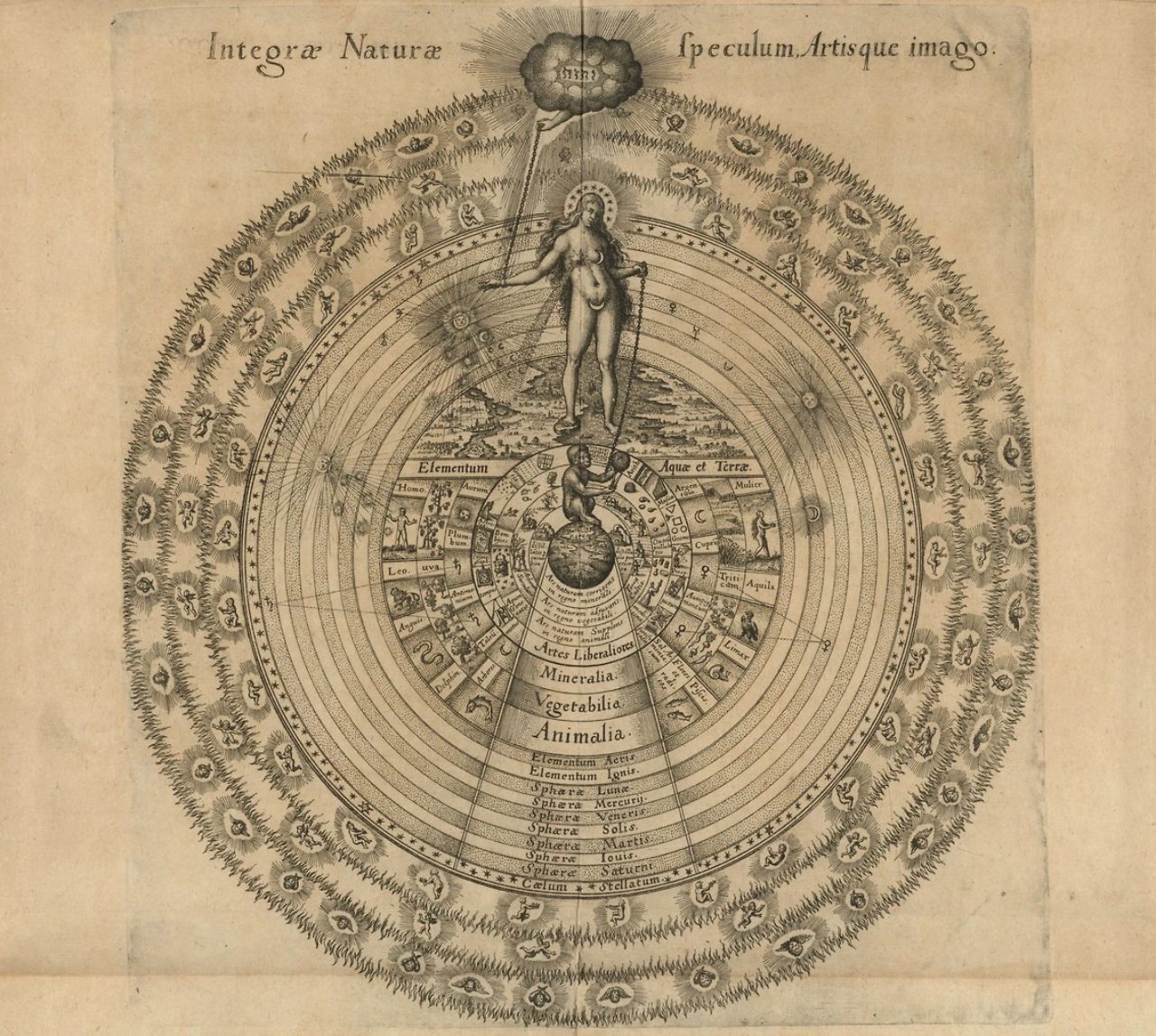Staff Picks: Esoterica
Posted on | Updated

Explore the hidden world of Esoterica in our new staff picks display, available online through the ECU Library.
Curious about the arcane realms of astrology, tarot, alchemy, magic and the occult? Looking for inspiration for your art practice or research? Wondering why people are so interested in astrology and tarot apps these days? We have put together a guide to initiate you into the mysteries of esoterica - that complex, eclectic, heterodox set of practices and beliefs that has so long confounded and inspired artists, scholars, seekers and, well… people in general!
Historically, scientific and religious authorities have treated esoterica as an “Other” against which they define themselves: to scientists it was irrational, and to the clergy, heretical. In his book Esotericism and the Academy, Wouter Hanegraaff defines esotericism as ‘rejected knowledge’, a catch-all category invented by 18th century scholars to encompass the detritus supposedly shed by Enlightenment rationalism. This helps explain why, when you wander into your local used bookstore, you’ll find topics as diverse as Wicca, Channeling, UFO’s, Hermeticism, Kabbalah, Tarot, and Astrology, all on the same shelf.
But what is Esotericism? Antoine Faivre’s Access to Western Esotericism outlines four fundamental principles and two additional elements of Esotericism: (1) correspondences, (2) living nature, (3) imagination and mediations, and (4) experience of transmutation, plus (5) the praxis of concordance (roughly meaning the blending of religious beliefs) and (6) transmission. While definitions have been hotly debated since the inception of Esoterica as an academic study in the 1960’s, Faivre’s have remained in play for nearly 30 years.
Like all academic disciplines, trends change quickly in the study of Esotericism. Luckily, the Emily Carr Library has many current resources. Two good places to start are the SUNY series in Western Esoteric Traditions (which includes the two works cited above) and The Magic in History Series. Other resources include e-books and articles on magic and the occult, astrology, alchemy, tarot, and the popularity of astrology and tarot in the new millennium. To visit this and other staff picks, click on the Research Guides link on our homepage and then scroll down to Staff Picks. We hope you find this list inspiring, and maybe we’ll meet you on the astral plane!